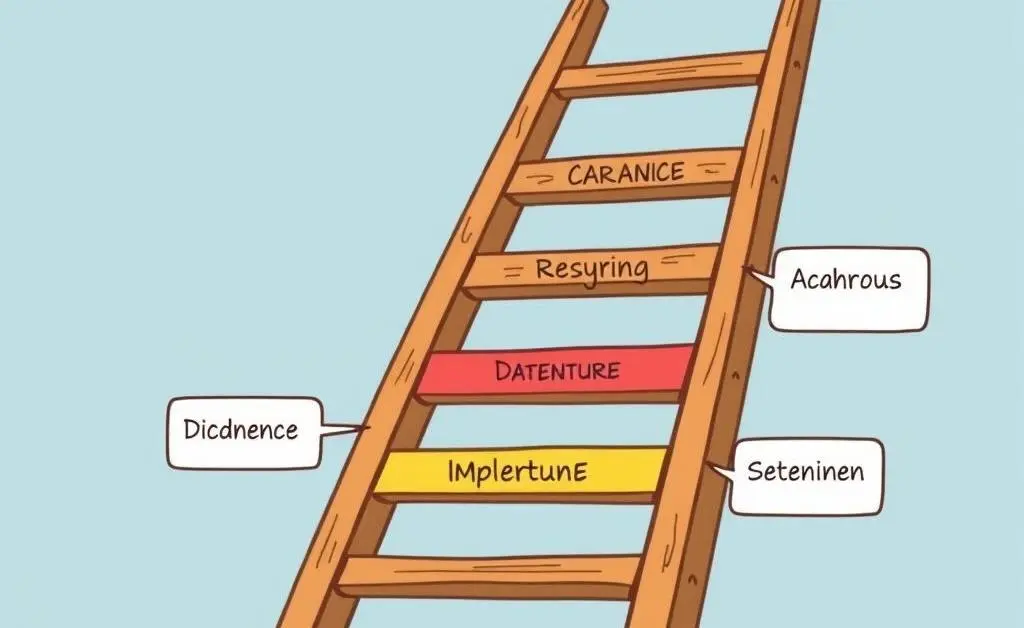Navigating Workplace Challenges: Insights from the Peter Principle
Explore how the Peter Principle impacts career growth and learn practical strategies to thrive in your role.

Have you ever felt like you've hit a ceiling at work, although you're still being asked to climb? This scenario is more common than you might think and is encapsulated in a concept called the Peter Principle. It suggests that employees tend to rise to their level of incompetence due to continued promotion until they reach a point where they are no longer effective in their roles. Let's dive into this idea and explore how to navigate it.

Understanding the Peter Principle
At its core, the Peter Principle provides a lens through which we can view the often labyrinthine paths of career advancement. Essentially, it implies that skill in a current role doesn't necessarily translate to success at the next level. This can lead to frustration, not just for the individual, but also for the organization.
Why Does This Happen?
The Peter Principle can manifest for several reasons:
- Lack of Skills: Progressing to a new role with different skill requirements.
- Change in Job Scope: Management roles often have broader scopes than expected.
- Inadequate Training: Insufficient preparation for new responsibilities before promotion.

Practical Strategies to Thrive Despite the Limitations
Feeling stuck or overwhelmed doesn't have to be the end of your career journey. Here are some practical strategies to help you flourish despite the challenges associated with the Peter Principle:
Invest in Continuous Learning
Never underestimate the power of upskilling. Whether it’s taking courses, attending workshops, or pursuing certifications relevant to your field, staying abreast of developments can help bridge the gap in competencies as you transition roles.
Seek Mentorship and Feedback
Imagine entering a new role and realizing you’re in deeper waters than expected. This is exactly what happened to a friend of mine. She was prompt in finding a mentor within the company. This relationship provided insights and constructive feedback that illuminated areas needing growth, offering her practical pathways to improvement.

Build a Strong Network
Engage in both internal and external networks. By participating in community events or industry conferences, you can share experiences and gain insights from others who've dealt with similar challenges.

Conclusion
The Peter Principle might sound daunting, but it's not an insurmountable barrier. Through learning, connecting, and seeking support, you can turn potential stagnation into an opportunity for meaningful personal and professional growth. Which strategies have you found most effective in navigating career challenges?




